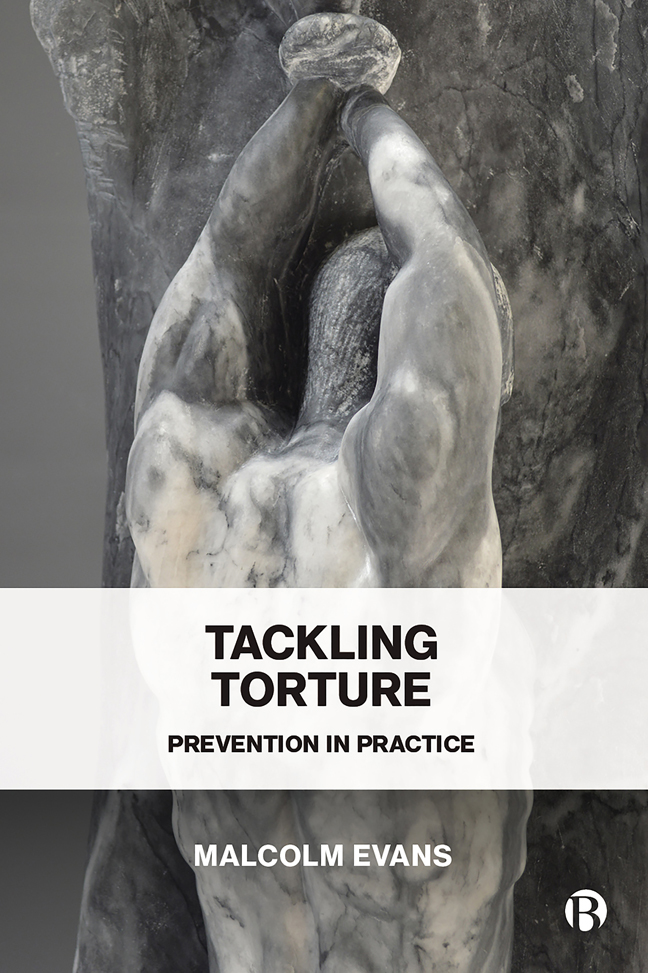3 - Establishing the Optional Protocol to the United Nations Convention against Torture
Published online by Cambridge University Press: 24 January 2024
Summary
Introduction
No-one ever accuses the United Nations of drafting and adopting international human rights treaties quickly, and the Optional Protocol to the United Nations Convention against Torture (OPCAT) was no exception. When what is proposed is as radical an idea as was the OPCAT, the only surprise is that it was ultimately adopted at all. Seen in that light, the roughly 25 years that it took from inception to completion – from 1977 until 2002 – seems almost expeditious. In some ways, what is so radical about the OPCAT is its very simplicity. At its heart lies the idea that any place where a person might be detained, by or with the approval of the public authorities, should be able to be visited without notice by an independent body to try to ensure that those who are being detained are not subjected to torture or ill-treatment. It is as simple as that. And yet achieving this was far from simple, and making such a system work in practice remains far more complicated than it needs to be.
During my years on the UN Subcommittee on Prevention of Torture (SPT) I learnt that many things can be as simple or as complicated as you wish them to be. Complexity can be a state of mind and a matter of choice. As an academic (or perhaps as an academic lawyer) I am naturally drawn to complexity: our stock-in trade is to discern distinctions and difficulties which may not always exist and to expound upon them in ways that often confuse or confound rather than clarify – the reification of obfuscation, so to speak. As Chair of the SPT, I rapidly found myself drawn in a very different direction, trying to make things which I knew to be rather complicated to achieve seem as simple as possible. The importance of what we were doing demanded this. There is a huge amount that can be done to help prevent torture and ill-treatment, but the truth is that those with operational or political responsibility often do not want to do it.
It is all too easy for the ‘I will not’ to be camouflaged as the ‘I cannot’, and the more difficult and demanding the prevention of torture and ill-treatment appears to be, the easier that becomes.
- Type
- Chapter
- Information
- Tackling TorturePrevention in Practice, pp. 49 - 64Publisher: Bristol University PressPrint publication year: 2023

